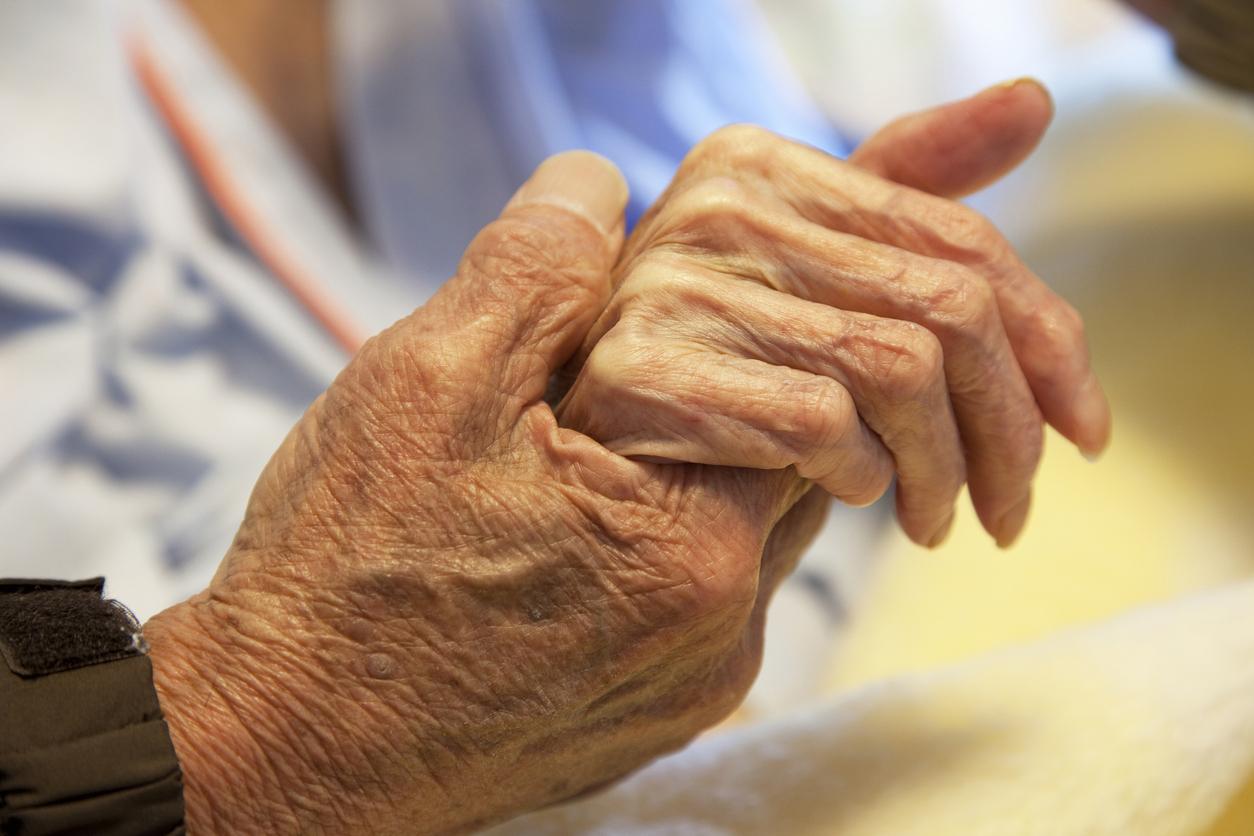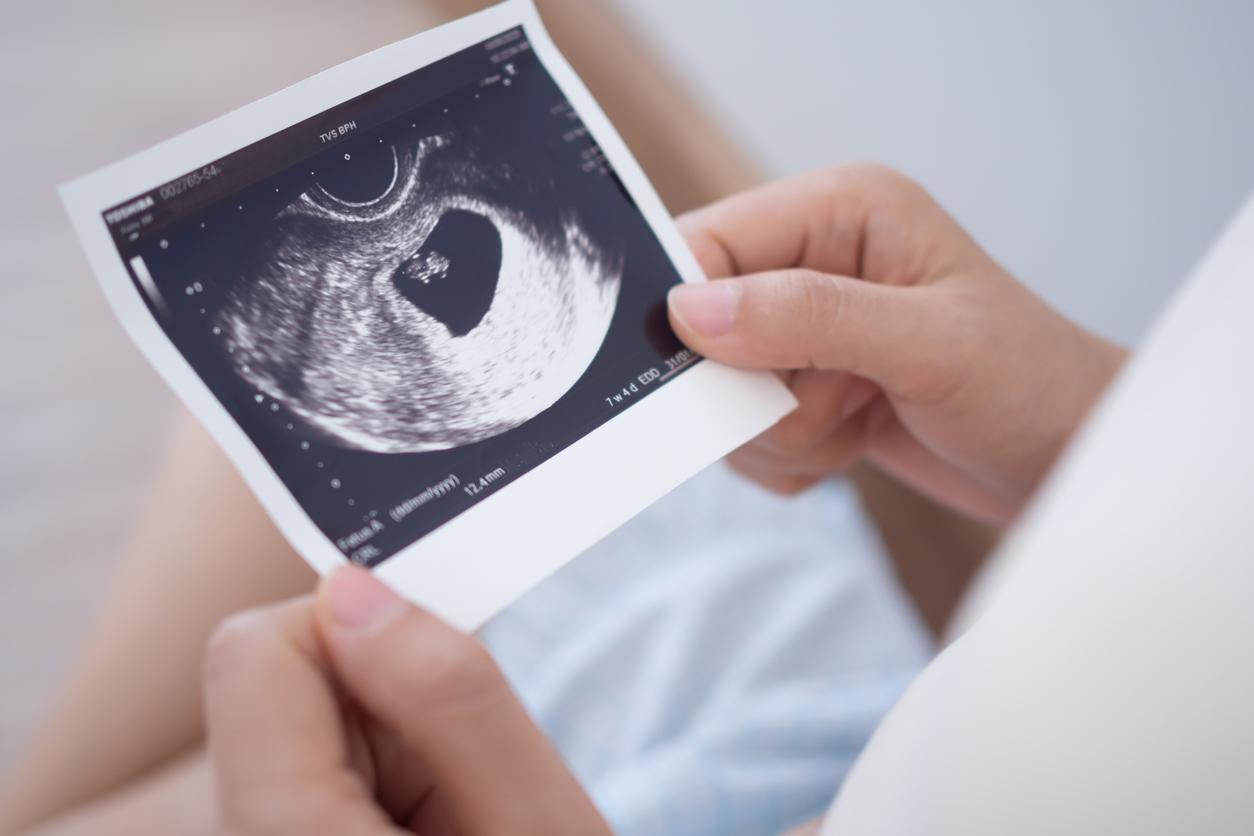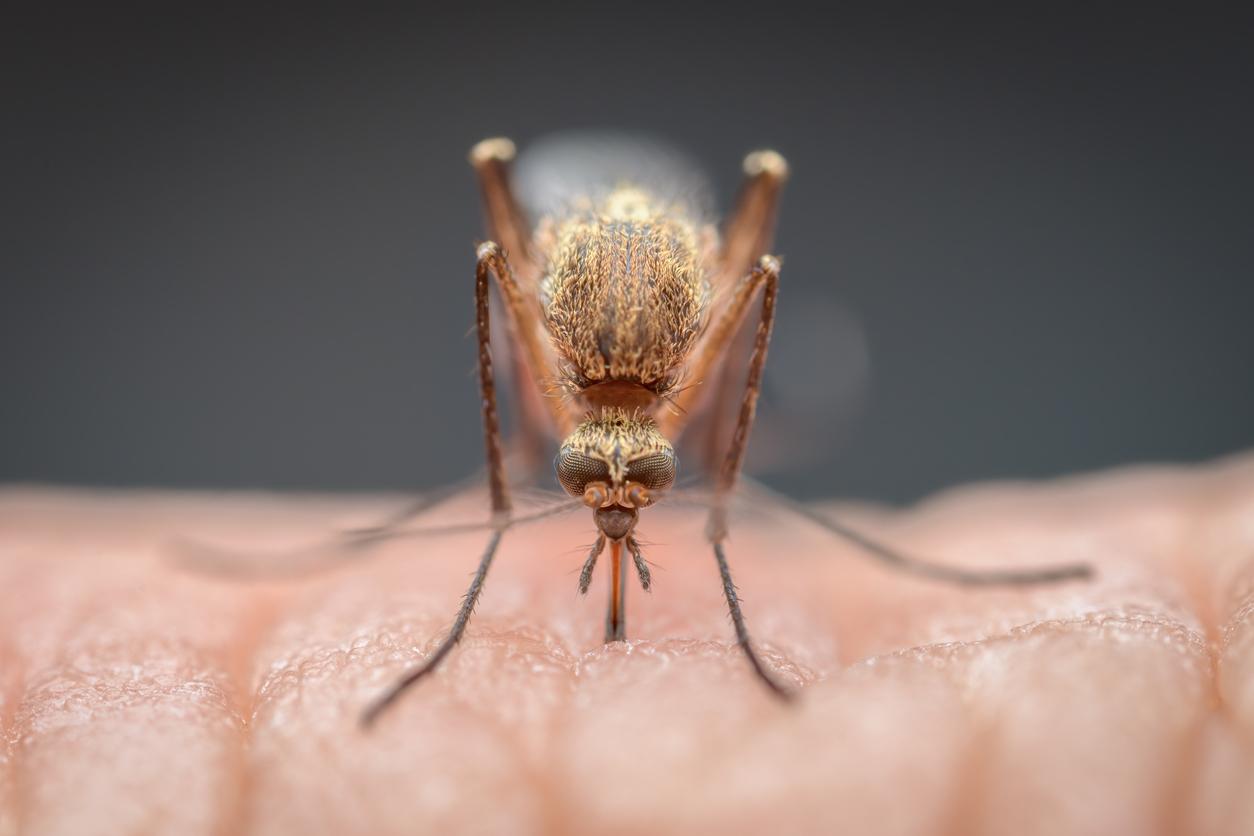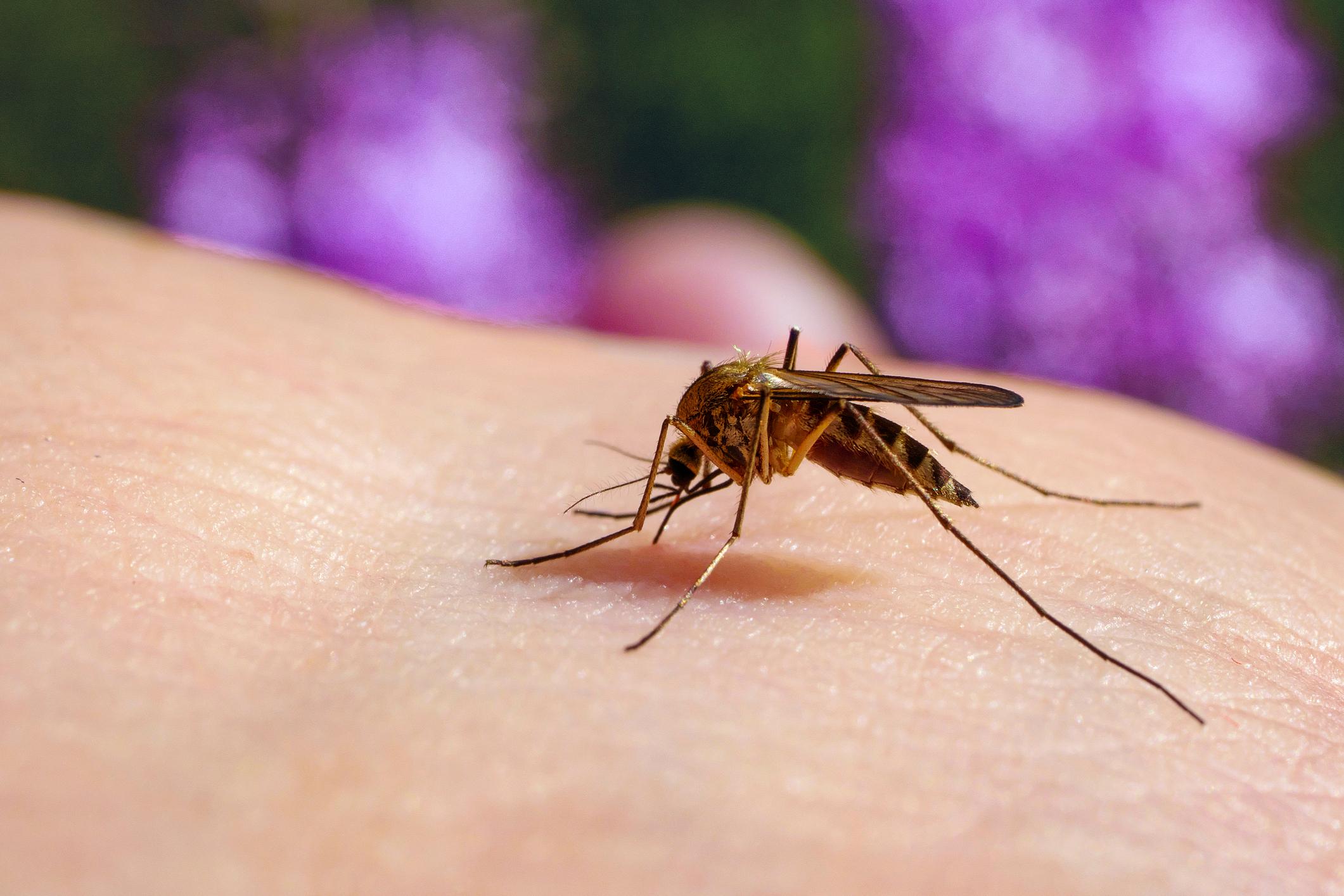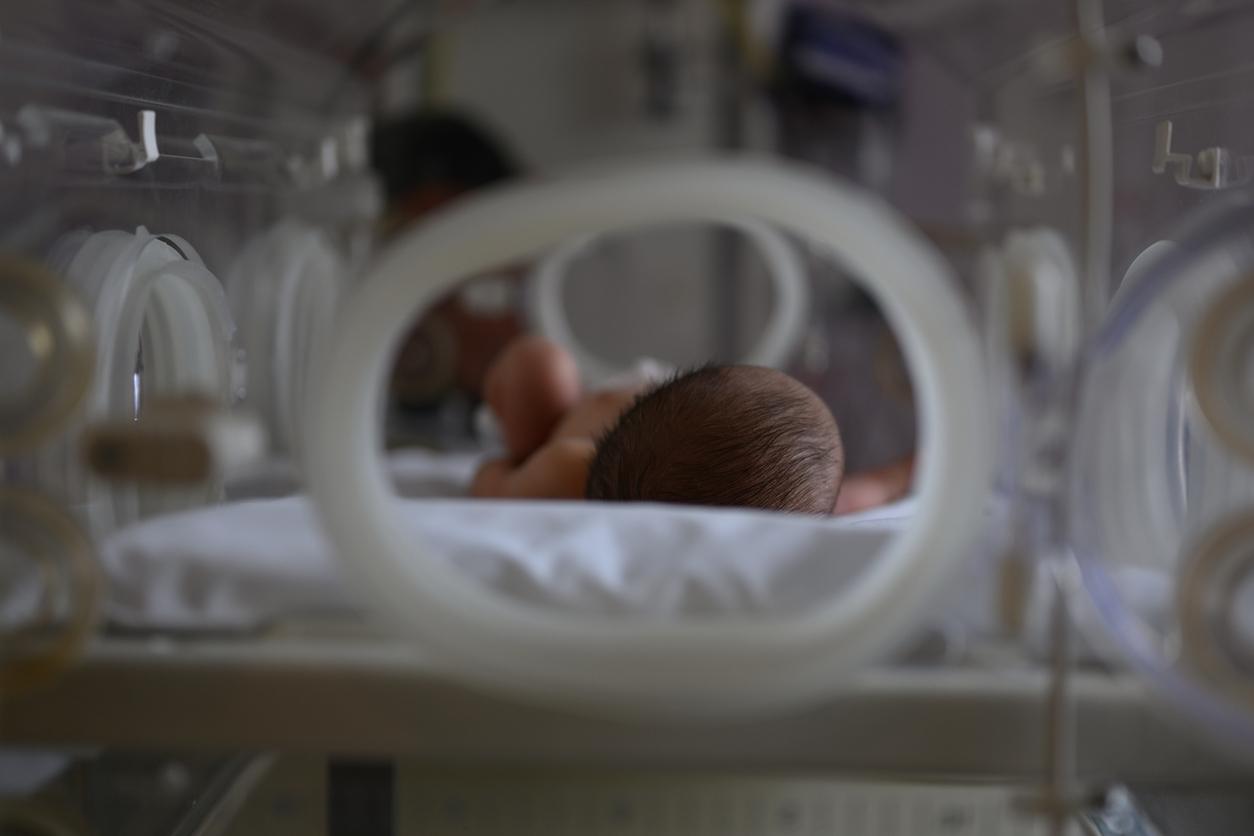It is “an epidemic out of control” according to Médecins sans frontières. Contagious and vaccine-free, Ebola hemorrhagic fever has already affected more than 1,300 people and claimed more than 700 lives in Sierra Leone and Liberia. Doctors who are trying to cope are not immune to it either. On Tuesday, the virologist in charge of fighting the epidemic in Sierra Leone succumbed to the virus.
Faced with this epidemic described as never seen before, the Minister of Health, Marisol Touraine, intervened this morning to reassure the populations and recall that the risk of importing the virus into Europe and France is low. No imported cases have been reported to date.
As the Minister underlined, there is, for the moment, no restriction of movement in West Africa. However, the website of the Ministry of Foreign Affairs recalls the health precautions to be followed.
While you are on site, you should:
– Do not travel to the outbreak area in Forest Guinea and to the areas reported in Sierra Leone and Liberia.
– Do not eat or handle bushmeat.
– Wash your hands frequently with soap or with hydro-alcoholic hand washing solutions.
– Avoid direct contact with the secretions of patients with a high fever, or digestive disorders, or external hemorrhages through the mouth, nose, or stool.
– For the record, the Ebola virus is transmitted to humans, initially, from wild animals: the usual reservoirs of this virus are bats or monkeys. The handling of the meat of these infected animals or its consumption (especially in case of insufficient cooking) allows the transmission of the Ebola virus to humans.
The first symptoms
They can appear between 2 and 21 days (average of 8 days) after contamination and most of the contagiousness is real after declaration of symptoms: flu-like condition with fevers, muscle pain, diarrhea and vomiting.








